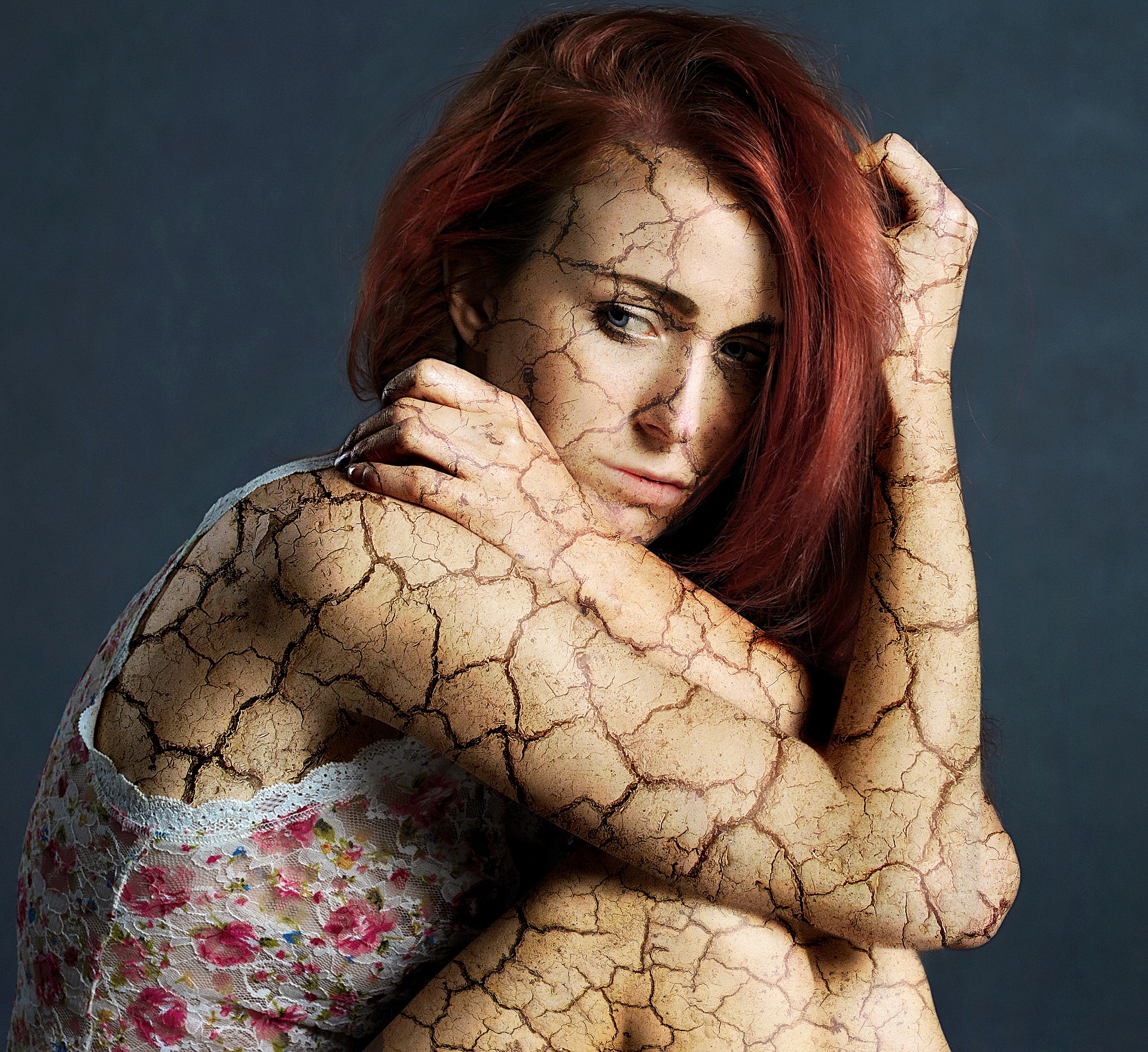
As a woman in long-term recovery, it wasn’t until I came to terms with my alcoholism did I begin to see the role that my crazy child-hood played in taking me down the road of addiction. Sure, I had the genetic predisposition, but being raised in a toxic environment with an alcoholic mother and a rage-a-holic father sure didn’t help lead me down the path of self-actualization.
Children who are raised in dysfunctional homes tend to have higher rates of suicide, substance abuse, depression, and other mental health disorders and chronic health issues. This is a fact that is supported by my own experience as a psychiatric nurse.
Trauma comes in all ways and sizes, and a distinction needs to be made that not all trauma has to be physical or sexual abuse. Something as common as divorce can inflict trauma on a child. What can make a situation traumatic or not is how well the parents handle these emotionally charged situations.
We create the next generation of addicts when we traumatize our kids with our addictions, infidelity, arguing… kids pick up on all that bad behavior.
Kids who grow up with depressed, alcoholic, or drug-addicted parents experience trauma as well. I can speak to this issue because as I mentioned, I grew up in a volatile home. I cannot recall one childhood memory of my father where he was loving, kind or nurturing. He was also at times physically, verbally, and emotionally abusive. My mother was loving, but so out of it most times that she was incapable of parenting. On top of that, she traumatized us with numerous car crashes and vehicular mishaps.
Is it any wonder that all of my siblings including myself have had substance abuse issues? We all subconsciously looked for an escape from the environment, our anxiety, our fear… and most of us found our escape in alcohol and/or drugs. We were never taught coping skills. We never felt safe in our own home. My mother’s alcoholism created instability—we never knew if she’d be drunk or sober; we never could predict what exactly she’d do next. My father was predictably angry, insane and a control freak—all the time. As a child, I remember one emotion—fear. The insanity and dysfunction in our home was anything but normal.
Dr. Filetti conducted a study that supports evidence that Adverse Childhood Experiences (ACE) impact a person’s life, often for the rest of their lives.
In my thirty years of recovery, and talking and working with hundreds of women in recovery, I think it’s safe to say that a large majority of us have had some sort of trauma in our life: abandonment, physical abuse, sexual abuse, neglect….
There was a time when I never thought I would say I am grateful to be a recovering alcoholic, but to succeed in recovery I had to be willing to look “there.” I had to acknowledge that my childhood sucked in a lot of ways, but there were moments that were good too. I had to make peace with my past, forgive my parents, and I came to understand that they probably did the best that they could. I still have trust issues, but the good thing I learned while surviving in a chaotic environment is that I can read people well. I have a strong intuition that I trust. I was one of the resilient ones, and there are millions of us out there who have worked through our various forms of trauma, and who have come out on the other side.
We wouldn’t have to hope and pray for so much resilience and recovery if kids weren’t traumatized to begin with. What if the parent’s got their acts together before they had kids? Would we have less addiction and substance abuse in the world? I think we would. Of course, when you deal with human nature there are no absolutes. I know of many people who had great parents but still ended up with substance abuse issues. I know many kids who had challenging childhoods who did not turn to drugs or alcohol. Alcoholism and drug addiction is not a cookie-cutter disease, but we can minimize the chances of a child turning to drugs and alcohol by parenting with love, common sense, and create violence-free environments where kids can thrive instead of just learn to survive.

We can heal and move on from those hard things in our past that shaped our thinking and the way we reacted to life. We can change. We can choose to do the inside emotional work and stay the course even when it’s hard. I remember times in early recovery when I wanted nothing more than to slink out of my skin, but I had to stop running. I had to learn to feel and deal.
It’s a good time to be in sobriety: never has there been so much support and resources for those of us who refused to remain victims of our past.
Recovery is the balm that soothed my troubled soul. If you’re struggling or on the fence about whether or not you can deal with all those past demons, yes, you can! Give yourself time to heal, and know that as trite as some of the recovery clichés’ may sound, you too can have hope that whatever you’re going through or whatever you’re feeling right now, can and will pass. Believe in yourself. Believe that you’re a survivor and that you can and will heal!
Lisa Boucher is the award-winning author of “Raising The Bottom: Making Mindful Choices in Drinking Culture.” She has contributed to notable publications such as Shape Magazine, U.S. News & World Report, The Fix, and is a frequent guest on numerous syndicated radio and podcast shows where she talks about addiction, alcoholism, childhood trauma, and how we can heal. She is highly intuitive and has assisted hundreds of people in healing from substance abuse, depression, and anxiety. A recovering alcoholic, she has been sober for thirty years and understands the complex nature of addiction and how childhood trauma is often at the root of what ails us. A registered nurse, Lisa believes that traditional healthcare does little to incorporate the mind-body connection, nor does our current healthcare system appreciate the healing power of nature.
